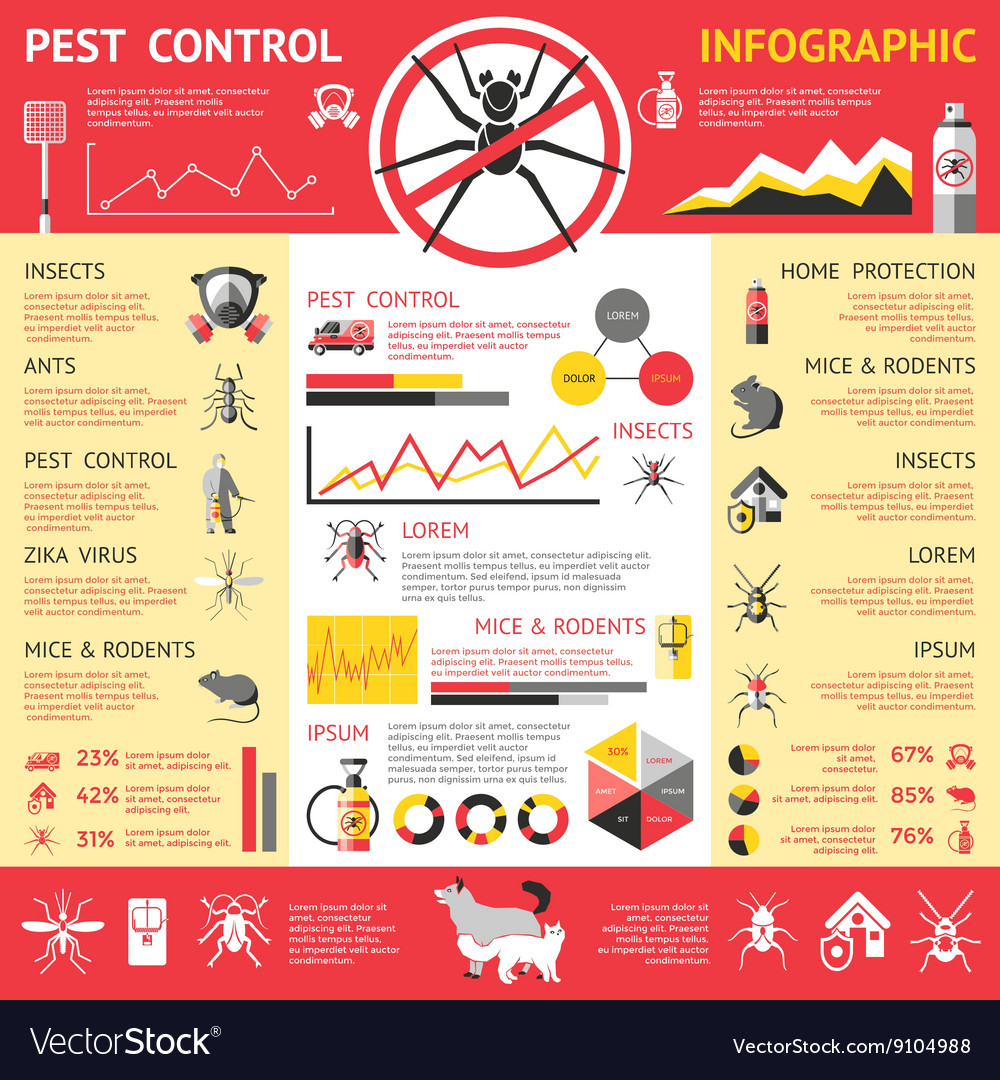The Duty Of Pest Control In Food Security And Hygiene
The Duty Of Pest Control In Food Security And Hygiene
Blog Article
Created By-Halberg Futtrup
Are you aware of the surprise dangers that bugs present to the safety and security and health of your food? From rats to pests, these undesirable visitors can pollute your components, surfaces, and storage space areas.
Inspection routines explores the crucial duty of pest control in maintaining the greatest requirements of food safety and security and hygiene. Discover reliable strategies and prevention procedures that will aid you shield your business, customers, and online reputation.
Do not let insects endanger the top quality of your food.
The Influence of Insects on Food Security and Hygiene
In your kitchen, pests can have a considerable effect on food safety and security and hygiene. These undesirable visitors, such as rodents, insects, and roaches, can pollute your food, surface areas, and tools with dangerous germs, infections, and parasites. They can easily access your kitchen, cabinets, and also your fridge, leaving behind droppings, pee, and hair.
Not just can they spoil your food by eating via product packaging, however they can also spread out illness like Salmonella, E.coli, and Listeria. Visualize preparing a dish for your household, unaware that the components you're utilizing are currently polluted.
It's vital to take instant action to avoid and regulate bugs in your kitchen area. Regular cleaning, proper food storage, and expert pest control actions are important to make certain food security and keep a sanitary atmosphere in your kitchen area.
Efficient Insect Control Methods for the Food Market
Applying reliable parasite control methods is vital for keeping food safety and hygiene in the food industry. By carrying out these techniques, you can prevent bugs from contaminating the food and make sure that your items are risk-free for intake.
One effective strategy is to routinely examine and check your facility for indications of insect activity. Highly recommended Online site includes monitoring for droppings, nests, or any type of damage triggered by bugs.
It's likewise essential to seal all entrance points to avoid bugs from going into the facility. Regular cleaning and hygiene are necessary, as bugs are drawn in to food deposit and spills.
Furthermore, appropriate waste management is important to stop the build-up of food waste that can draw in bugs.
Maintaining Hygiene Requirements With Bug Avoidance Measures
To maintain hygiene requirements, you have to consistently apply bug prevention procedures. By taking proactive steps to stop insects from entering your food establishment, you can ensure the safety and cleanliness of your premises. Right here are some efficient insect avoidance measures to think about:
- Seal all fractures and holes: Parasites can enter with even the tiniest openings. Regularly inspect and seal Environmental protection of voids in doors, home windows, walls, and floorings to maintain bugs out.
- Appropriate waste monitoring: Take care of food waste without delay and safely in secured containers. This will certainly reduce the attraction of pests and protect against infestations.
- Routine cleaning and disinfecting: Preserving cleanliness in your establishment is vital. Frequently tidy and sterilize all areas, paying unique focus to areas where parasites may conceal or breed.
- Apply a monitoring system: Regularly examine your premises for indications of parasite activity. Mount insect surveillance tools, such as traps or sensors, to determine and resolve any type of possible problems early.
Final thought
So keep in mind, when it comes to food safety and health, parasite control plays an important role.
By applying efficient bug control methods and preventive measures, we can ensure the highest requirements of cleanliness and security in the food sector.
Don't let bugs jeopardize the top quality of our food; let's stand together and protect our health and well-being.
